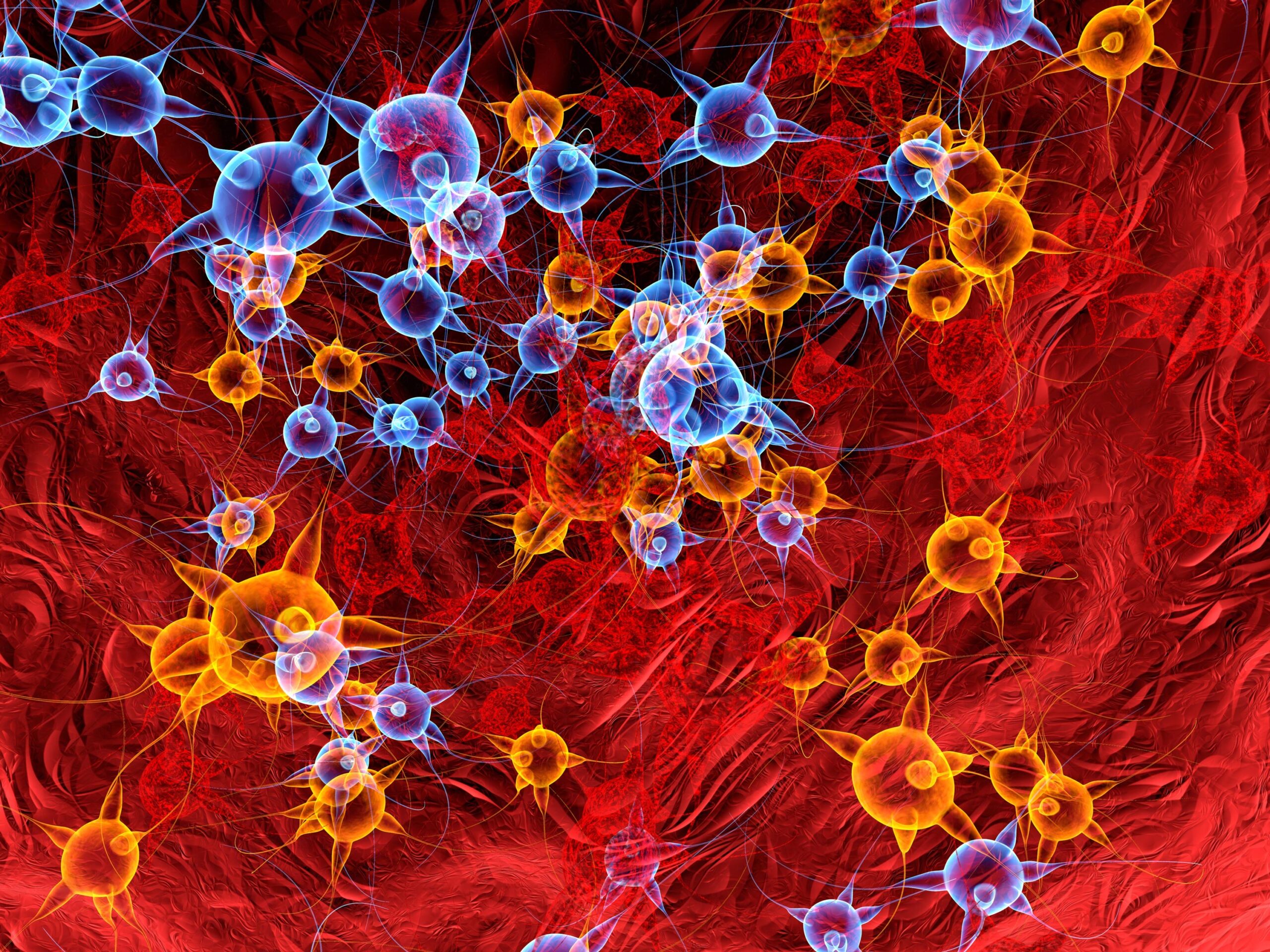You may download this letter as a pdf or continue reading below.
December 30, 2010
Dr. Margaret Hamburg
Commissioner
Food and Drug Administration
Division of Dockets Management (HFA—305)
5630 Fishers Lane
Room 1061
Rockville, MD 20852
RE: FDA—2010—N—0477; Approval Pathway for Biosimilar and Interchangeable Biological Products
Dear Commissioner Hamburg:
Thank you for the opportunity to comment on the implementation of the biosimilar pathway. We appreciate the FDA’s effort to reach out to stakeholders as the agency is making fundamental decisions that will greatly affect the safety of biotech medicines in the years to come. Members of the Alliance for Safe Biologic Medicines (www.SafeBiologics.org) look forward to working with the FDA to ensure the ongoing prioritization of patient safety.
The Alliance for Safe Biologic Medicines is an organization whose membership is composed of diverse healthcare stakeholders —from patients to physicians, medical innovators, researchers and others who have coalesced around the issue of safe use of biologic medicines. Correspondingly, the Alliance is guided by four core principles:
- We believe patients have the right to expect the same quality in drugs with no differences in safety, purity, or potency, whether they get the brand-name or biosimilar, irrespective of price;
- We believe medical decisions ought to remain between a patient and his/her physician, not in the hands of regulators, legislators and insurers;
- We believe that patients need full information about how these biosimilars work and have been tested in order to make informed choices;
- We believe that while the ultimate goal is to find a balance between producing economical drugs for our patients and respecting the drug-discovery process, we must never forget that patient safety is paramount.
To these ends, we offer the following comments in response to the Agency’s questions regarding patient safety, pharmacoviligance, and interchangeability.
First and foremost, patient safety should guide all agency decisions regarding implementation of the biosimilar pathway. As you know, biologics are unique from other, non-biologic medicines. In contrast to most drugs that are chemically synthesized and have structures that are known, biologics are complex compounds made from living cells and have highly intricate structures that are not easily understood, characterized, or replicated. Small differences between the structure of the innovator and the attempted copy can lead to reduced efficacy and safety of the drug. Similarly, due to their molecular size, biologics present a greater risk of triggering an immune response than traditional drugs.
A robust pharmacovigilience system, including the ability to track and trace products and connect an adverse event with a specific product, manufacturer and lot number can help reduce systemic risks. However, the standard for designating products interchangeable must remain high.
The concerns specific to biologics make the implementation of the biosimilar pathway scientifically challenging. It is critical that a science-based approach be used to put in effect the biosimilars pathway. As the European Union has pioneered in this regulatory area for the last 8 years, the United States should take advantage of the opportunity to learn from their experiences both positive and negative. Failure by the Agency to adequately protect patient safety could result in harm to patients as well as stunt both the uniquely American innovative biotech industry and biosimilar industry. We note, for example, that one in two Americans will get cancer in their lifetime and we must recognize that without a robust biotech sector, lifesaving treatments will not be developed.
In light of these safety concerns for all biologics—not just biosimilars—we urge the agency to take the following steps when implementing the biosimilar pathway:
- Require clinical trials or other appropriate methods of clinical testing for the approval of any biologic and biosimilar medicine unless extraordinary circumstances warrant a specific waiver from the Food and Drug Administration;
- Ensure product traceability by way of robust pharmacovigilance systems in place prior to approval of any biosimilar products;
- Require unique names for all biologic medicines;
- Require transparent product labels that reflect the trials conducted on that specific product, not on the reference product;
- Ensure that patients and their physicians have the ability to decide a course of treatment that may not be altered by the pharmacist or others without the consent of the treating physician and the patient.
Regarding guidance on clinical trial design, we would encourage the agency to consider the totality of the data available, including pharmacokinetic and pharmacodynamic profiles, to inform the approval pathway for the biosimilar. We would also look to the agency to provide direction on the use of surrogate endpoints in clinical trials and when non-inferiority or equivalence trials are more appropriate for the particular biologic based on its complexity and the breadth of approved indications. Ultimately, we must strive for the most feasible, efficient clinical trial process that also ensures patient safety remains the paramount concern.
Again, we appreciate the efforts of the FDA to consult with diverse stakeholders as it authorizes a formal regulatory pathway for biosimilars in the United States. We would welcome the opportunity to speak with the agency on these or other issues related to the implementation of the biosimilar pathway. We will be in touch with your office soon to request a meeting to go over these important issues. In the meantime, if you or your staff have any questions please do not hesitate to contact us at 202.715.7883 or info@safebiologics.org.
Sincerely,
The Alliance for Safe Biologic Medicines
Members:
Alliance for Patient Access
American Association of People with Disabilities
American Council on Science and Health
Amgen
Association of Black Cardiologists
Association of Clinical Research Organizations
Colon Cancer Alliance
Colorectal Cancer Coalition
Global Healthy Living Foundation
International Cancer Advocacy Network
Kidney Cancer Association
MANA
National Alliance on Mental Illness
